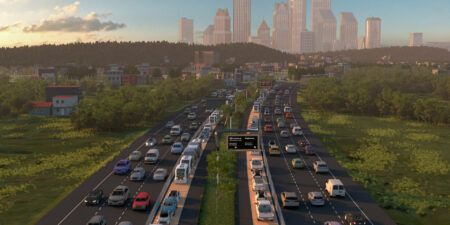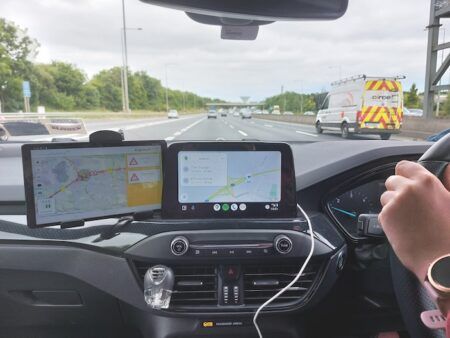Automotive data services platform Otonomo is expanding the capabilities of its platform to increase the utilization of crowd data, for innovative new use cases that reduce city congestion and improve the driving experience.
Use cases supported by this new initiative include smart parking, where aggregated ultrasonic sensor data from BMW vehicles can be used to identify open parking spots and estimate parking availability. This can dramatically decrease urban congestion and alleviate one of the most frustrating moments in drivers’ city trips.
The data can also be used to enhance urban planning for smart cities. This is because the content and location of road signs detected by forward cameras from BMW Advanced Driver Assistance Systems (ADAS) enrich the understanding of traffic flows through urban environments and highways.
Real-time traffic intelligence, local hazard warning and road-weather warnings are also similarly provided to highlight areas of congestion and warn of possible problems ahead, enabling drivers find the fastest routes.
Road sign and ultra-sonic sensor (USS) data keep critical road mapping information updated. This includes speed limits shown on road signs and temporary road and speed changes caused by construction work. Analytics can even use BMW road sign data to identify signs that are missing or damaged and even trigger repair orders.
Crowd data is now available from connected BMW and Mini vehicles located in more than 44 countries, along with data from other automotive manufacturers. The Otonomo Automotive Data Services Platform increases the value of this data by reshaping it and enriching it so application and service providers can more quickly utilise it in their applications.
“Otonomo has long focused on building an ecosystem around car data that is open to many parties and inclusive for many use cases,” said Ben Volkow, CEO and founder of Otonomo. “We’re excited to be able to expand this ecosystem with crowd data from BMW and Mini vehicles.”





